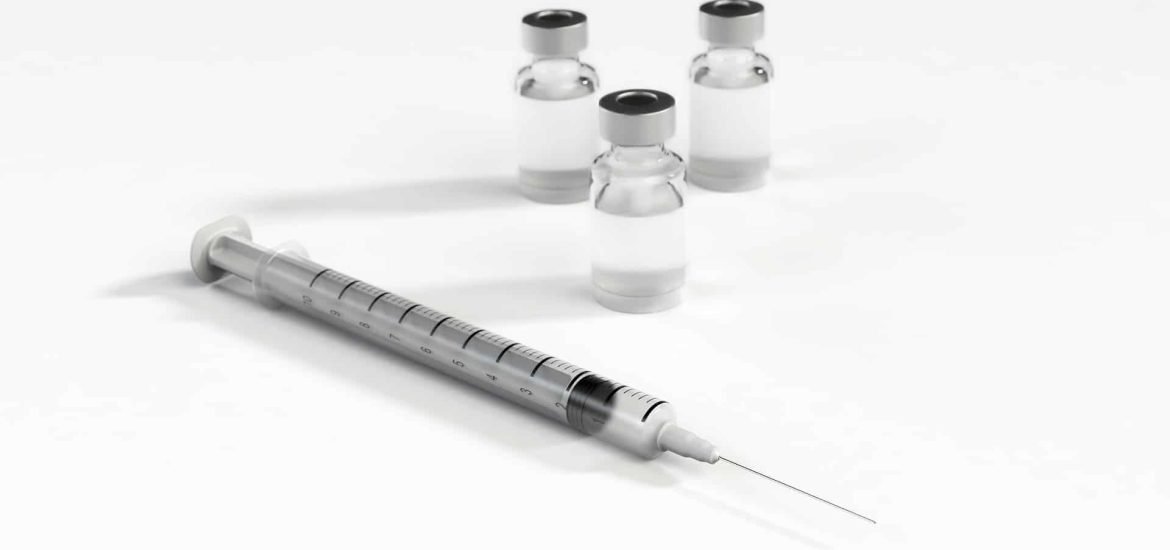
In a new clinical trial, researchers have demonstrated for the first time that immunotherapy could be effective in treating prostate cancer. Although the therapy will not be effective for most patients, researchers hailed the results as a “big deal” and said the findings could help men with cases of prostate cancer that were previously untreatable.
Results from the trial, led by a team at the Institute of Cancer Research (ICR) and the Royal Marsden NHS Foundation Trust in London, were presented at the American Society of Clinical Oncology annual meeting in Chicago.
In the trial of 258 men, researchers found that after one year on the drug pembrolizumab, 38% of men with “very advanced prostate cancer” were still alive and 11% did not experience any additional growth.
Worldwide, prostate cancer is the second most common cancer in men. The disease caused an estimated 307,000 deaths in 2012, according to figures from the World Cancer Research Fund.
Immunotherapy, which works by stimulating a patient’s immune system to recognise and attack a tumour, has become a routine treatment in certain types of cancers, including some lung and skin cancers.
“In the last few years immunotherapy has changed the way we treat many advanced cancers but up to now no one had demonstrated a benefit in men with prostate cancer,” Professor Johann de Bono, director of the ICR’s drug development unit, said in a statement.
Researchers emphasised that, although promising, the treatment is only effective for a small minority of patients. Of the 258 men involved in the trial, only 5% had their tumours shrink or disappear. De Bono told BBC News that only 10% to 15% of patients showed any response to the therapy.
However, the team noticed a higher proportion of responders in a small group of men whose tumours shared certain characteristics.
“Our study has found that immunotherapy can benefit a subset of men with advanced, otherwise untreatable prostate cancer, and these are most likely to include patients who have specific DNA repair mutations within their tumours,” de Bono said.
De Bono added that the team is planning to conduct a new clinical trial of pembrolizumab to determine whether immunotherapy could become an accepted treatment for this subset of men, “whose tumours have mutations in DNA repair genes.”
Professor Paul Workman, chief executive of the ICR, said in a statement, “The challenges we now face are how to predict in advance who will benefit, and how to make immunotherapy work for more people.”
Workman explained that there are few reliable tests to determine who will benefit from immunotherapy.
“This new trial has found that testing for mutations in DNA repair genes could be valuable marker of who will respond,” he said. “If we can prove that in the planned new trial, it should be possible to provide some men with advanced prostate cancer with an exciting new treatment option.”